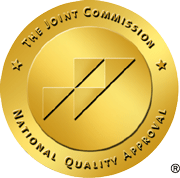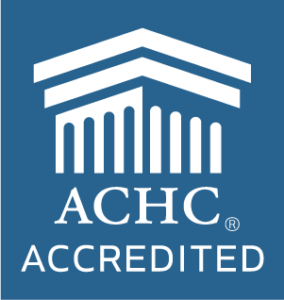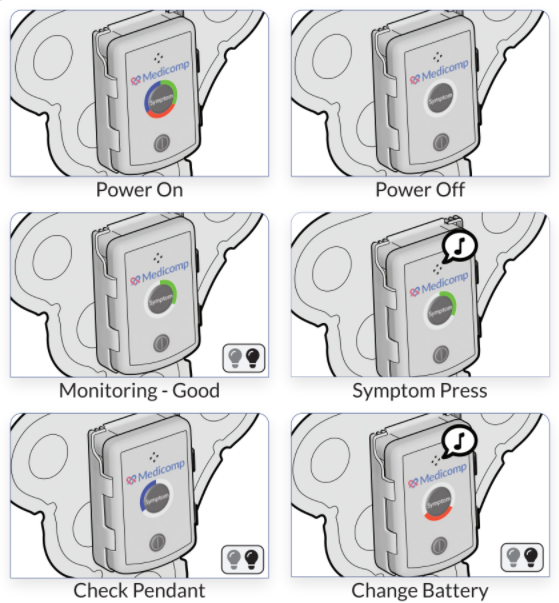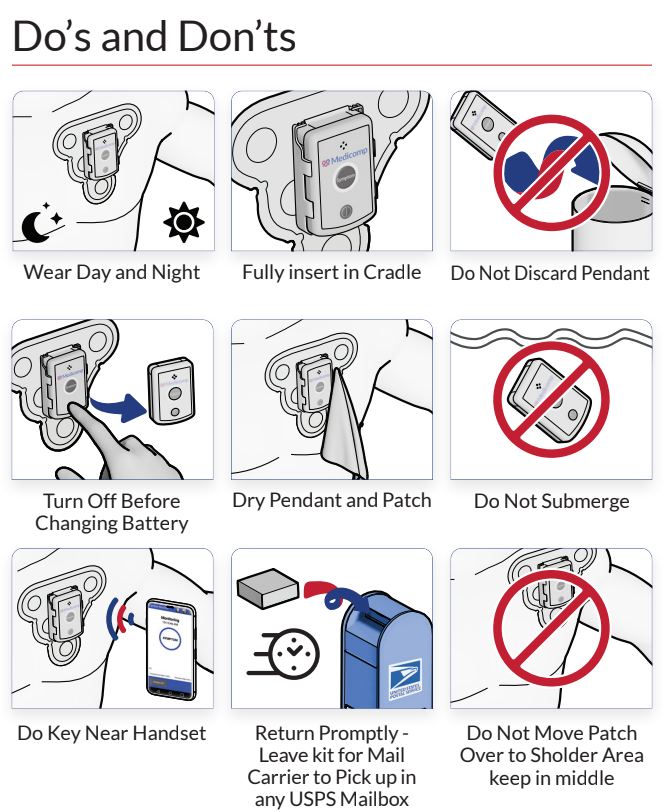It has long been believed that a diet high in protein is beneficial to overall health. Patients have been urged to fill their diets with food like lean chicken and beans. Researchers from Brown University Memorial Hospital of Rhode Island presented new findings at the American Heart Association’s annual scientific conference. Researchers found that high-protein diets can actually lead to negative effects for older women. ReactDx, leaders in wearable cardiac monitoring, share these new findings with you.
Between 1998 to 1993, the study collected data from over 100,000 women between the ages of 50 to 79. The women reported what they were eating and the researchers used biomarker data, a more reliable research method, to identify the women’s actual protein intake. During this period, none of the participants had heart failure, but the study followed them through 2005. By then, around 1,700 participants had heart failure.
The study’s lead author, Dr. Muhamad Barbour, explained that, “by increasing the total dietary protein intake, there was a statistically significant increase in the incidence of heart failure.” The risk of heart failure nearly doubled. The source of protein in a diet also has consequences. The study reports that women who ate more protein through the intake of vegetables were at a lower risk of heart failure. Dr. Barbour hypothesized that this is possible because animal proteins can turn into toxic substances in the body which impacts the left ventricle of the heart. Additionally, it is possible that women who ate more vegetables led healthier lifestyles in general.
This new research needs to be developed further through replication of results in order to prove its viability. In the meantime, there are a number of ways to establish eating habits that support heart health:
- Eat more whole grains: Whole grains are better than refined grains because they provide additional fiber and nutrients. Increase whole grain consumption by integrating whole grain bread, high-fiber cereal, and oatmeal into your diet.
- Avoid unhealthy fat: You can optimize your health by avoiding trans and saturated fats often found in butter and margarine. It is relatively easy to find low-fat options in the grocery store.
- Control portion size: Not overeating is one of the easiest ways to support a good diet. Don’t eat until you are stuffed. Limit the intake of calorie-filled food, but allow yourself to eat more low-calorie items.
- Manage sodium intake: An excess of sodium can increase high blood pressure, which in turn, increases the risk for cardiovascular disease. Reduce intake by limiting the salt you add to your food and by looking for convenient meal options that a low-sodium.
Women with heart-healthy eating concerns should take note of this new research which suggests the link between a high-protein diet and increased risk of heart failure, but further research needs to be conducted. ReactDx, leaders in wearable cardiac monitor technology, shares heart-healthy news on our blog. For more information about cardiac monitoring, contact ReactDx today.



